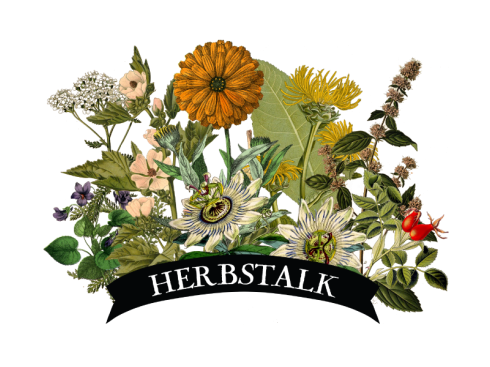|
Submitted by Mischa Schuler of Wild Carrot Herbs. Experiencing inclusion in community is a powerful aspect of our humanity. In the context of community we build relationships, express ourselves through our words, our actions, and our work, and give and receive time, energy, and a sense of belonging. When we are new to a place – this could be a new city, job, school, housemate situation – it can take some time to move from feeling “outside” to being an integral “part.” Perhaps you are familiar with the powerful magic of walking in the woods, surrounded by stunning trees and blooms, and suddenly knowing that you belong to the magic? The woods are whole with your presence and you are a part of the collective symphony. You belong to that moment and that place. The question becomes “how do we embrace this powerful message from the plants and bring it home to our day to day Life?” As in forest ecology, we experience our own personal succession of growth in community. Just as in an established forest, when we first arrive in a new community, we must discover the sunny niches left open and available for us to sprout into. If we are considering moving to a community, we must look to see if we will be nourished. Do we know what part of ourselves we want to grow? Is there enough sunlight and water for the seed of ourselves to germinate? Who are our symbiotic companion plants who will help us establish our root systems? This blog topic hits close to home for me and has been surprisingly challenging to write about. I moved six months ago from Quebec, Canada to Portland, Maine and it’s been exciting (and at moments scary!) to re-define what community means for me. Before I arrived in Maine, I picked up a copy of the Buy Local, Independent Businesses guide. I looked through the booklet to see what people were doing and circled all the places that inspired me and once I moved, I went on a pilgrimage to visit them. I looked on local community bulletin boards for upcoming events and I signed up for Portland Meetup groups that were of interest to me. I also signed up for a Permaculture Design Class over a series of weekends – I figured this would be a sure way to meet folks who also appreciate the plants and who would come from many backgrounds and perspectives. And because it would convene one weekend a month for six months, it would be a regular community check-in point that I felt would be a healthy support. I also had several friends living in the area, so I had a weekly dose of friendly companionship I could rely on. (I don’t think this aspect of comfort can be under-estimated.) I got involved with the local Food Coop, where there are recurring friendly faces, and then I looked into organizations and groups where I might meet like-minded people. (In my case, I love to sing, so I searched out a cappella groups.) I wanted to get to know the fellow herbalists in the area. I had met some herb friends through other Northeast herb gatherings and I wanted to learn where we could connect and share so that we were supporting each other and collaborating. I wanted to see what our community already had available and to see what niche I might fulfill. We started a Southern Maine Medicinal Plant Meetup group to post herbal events in the area – and we’re hoping other event organizers will also use this as a way to get the word out about their offerings. Other herb friends hold a weekly Monday night herb event focusing on a different theme each evening at Justice in the Body, an incredible resource in downtown Portland. Since sharing about the plants is one of my greatest joys, I also offer classes – some out of my kitchen and some are also out of Justice in the Body. My sense of community is still growing and building – I’m a beginner here, and it’s arguable if I will ever qualify as a Mainer, since I wasn’t born in this state. I’ve been paying attention to what brings me joy, who makes me laugh, who is a good listener, spaces and places that feel good and focusing on these positive characteristics. I am gravitating toward people and events in which I feel grounded and connected. I also maintain a morning and evening ritual of saying thank you to the plants. I’m much more present on days when I take five minutes to light a candle and say hello. Transitions are multi-faceted (and aren’t we always transitioning in some way?) so it’s been helpful (and fun) exploring new adaptogen formulas which I blend up each month and enjoying individual herb teas to get to know them ever-better. Just like our community of people friends, we’re always deepening our relationship with our plant friends and discovering their personalities and how they like to interact in community. Community building and sense of belonging takes time and energy – when we’re feeling stuck we can remember the interconnection of the plants to one another and with us and allow that vision to percolate into our view of community.  Mischa is a community herbalist and fertility awareness practitioner in Portland, Maine. She loves reproductive health and supporting women and children with plant medicine. She studied herbal medicine at the Tai Sophia Institute and feels grateful to have apprenticed with Deb Soule at Avena Botanicals for a very magical growing season. She teaches classes locally through Portland Adult Education, Justice in the Body, and in her kitchen. Comments are closed.
|
Archives
November 2023
Categories
All
|

 RSS Feed
RSS Feed